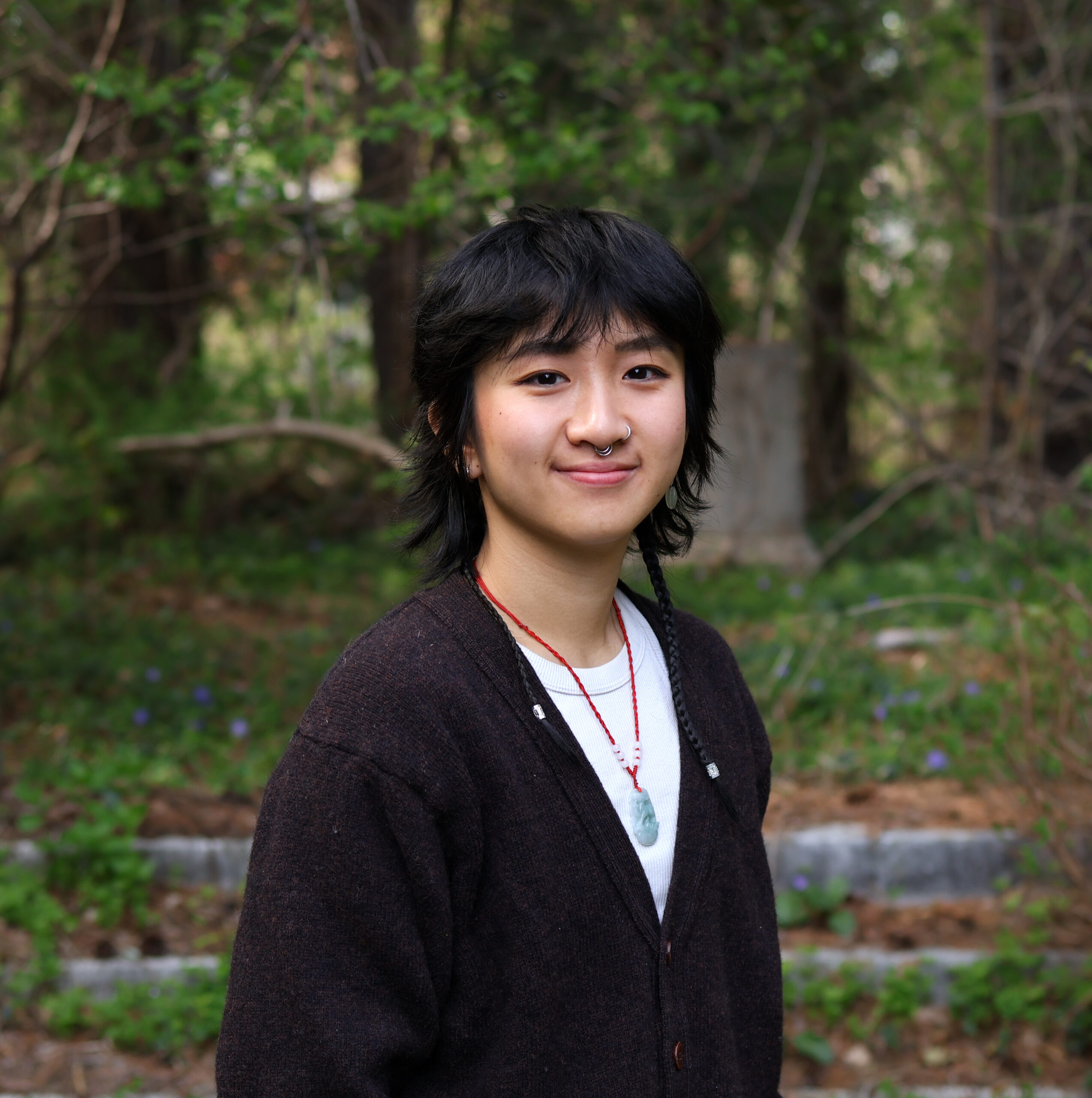Curated by: SARAH WHELAN
This month, enjoy a new feature that celebrates the wonderful former interns and employees that have worked at The Common over the years. Though we miss seeing them everyday, we’re continually impressed by what they go on to accomplish. This month, we’re catching up with former Editorial Assistant JinJin Xu, an Amherst College alumna, Watson Fellow, and most recently, recipient of the Lillian Vernon Fellowship at NYU.
Sarah Whelan (SW): You’ve recently completed a Watson Fellowship! Would you tell me more about that experience?
JinJin Xu (JX): During the Watson year, I traveled to nine different countries speaking to women dislocated as refugees or migrant workers. We worked on writing collaborative poetry together as a form of healing, speaking, listening. Each place and community required a different form of collaboration: in the Bangkok Immigrant Detention Center, Somali women wrote letters passed through the gates by prison guards; in Istanbul, I recorded the voices of mothers whose children have been “disappeared” as they rested at a tea stall during their weekly protests; in Kigali, her friend translated a former royalty turned sex worker’s story, made up of silences; in Cape Town, I was treated daily to an extravagant spread of breakfast items by a group of exiled Turkish women….
It was a year overwhelmed with care, trust, and community, where I found the world giving me the people I needed—did not know I needed—in whatever strange and unexpected situation I found myself in. I am still learning everyday how the year has changed me and how to give in the ways I had been given to.
SW: Congratulations on the Lillian Vernon Fellowship! What do you hope to achieve during the MFA program?
JX: I have always felt caught between prose – poetry – image, just like I grew up caught between two languages and two lands. While I instinctively find these forms entangled and a part of one another—the boundaries reinforced between genres unnecessarily rigid—I am still grappling for a way to situate my self and voice in between. I remember Professor Judith Frank told me at my thesis defense, “It’s as if you are trying to invent your own language.” I never thought about my writing that way but I did come to the hard realization that whatever this “language” may be, it is still contained inside my own head, alien and inhospitable, and I hope to have the space, time, and community in the next two years to realize its form.
SW: Who or what are you reading?
JX: Bits of Suzanne Buffam’s A Pillow Book, a sporadic and comforting companion for those early/late hours when one is not choosing to be awake—and keeping a dream journal alongside it.
And I’m reading anything I can get my hands on by Bhanu Kapil and Trinh T. Minh-Ha, hybrid works that contain such multiplicity of voice and play and generative energy.
SW: Do you have any special projects in the works?
JX: I am still working on transcribing and going through the hundreds of hours of recording from the Watson year, bits of writing and voices recorded on scraps and notebooks and my phone. In speaking to me and entrusting me with their voices (and thus, their lives), the women were writing for and speaking to a listener. I feel the urgency to amplify their voices for other listeners.
Having written collaboratively with them, I am now exploring how to transition into a more collective voice. I hope to interweave these voices with that of my mother, whose perspective I slipped into in the writing of Mami’s Tail, my Amherst prose-poetry thesis.
SW: Lastly, because I can’t help myself, do you have a favorite memory from The Common?
JX: My memories circle in bursts, so my most recent memory tabling for The Common at last month’s Brooklyn Book Festival is also currently my favorite memory. It was a joy to catch up with other alums and with [Editor in Chief] Jen after a year away—to feel my new beginning in this city bolstered up by my past.
Click to read a Dispatch from JinJin driven by memories of visiting her mother’s birthplace in Jiangxi. If you’re interested in learning more about JinJin’s work abroad, sign up for her TinyLetter feed.





